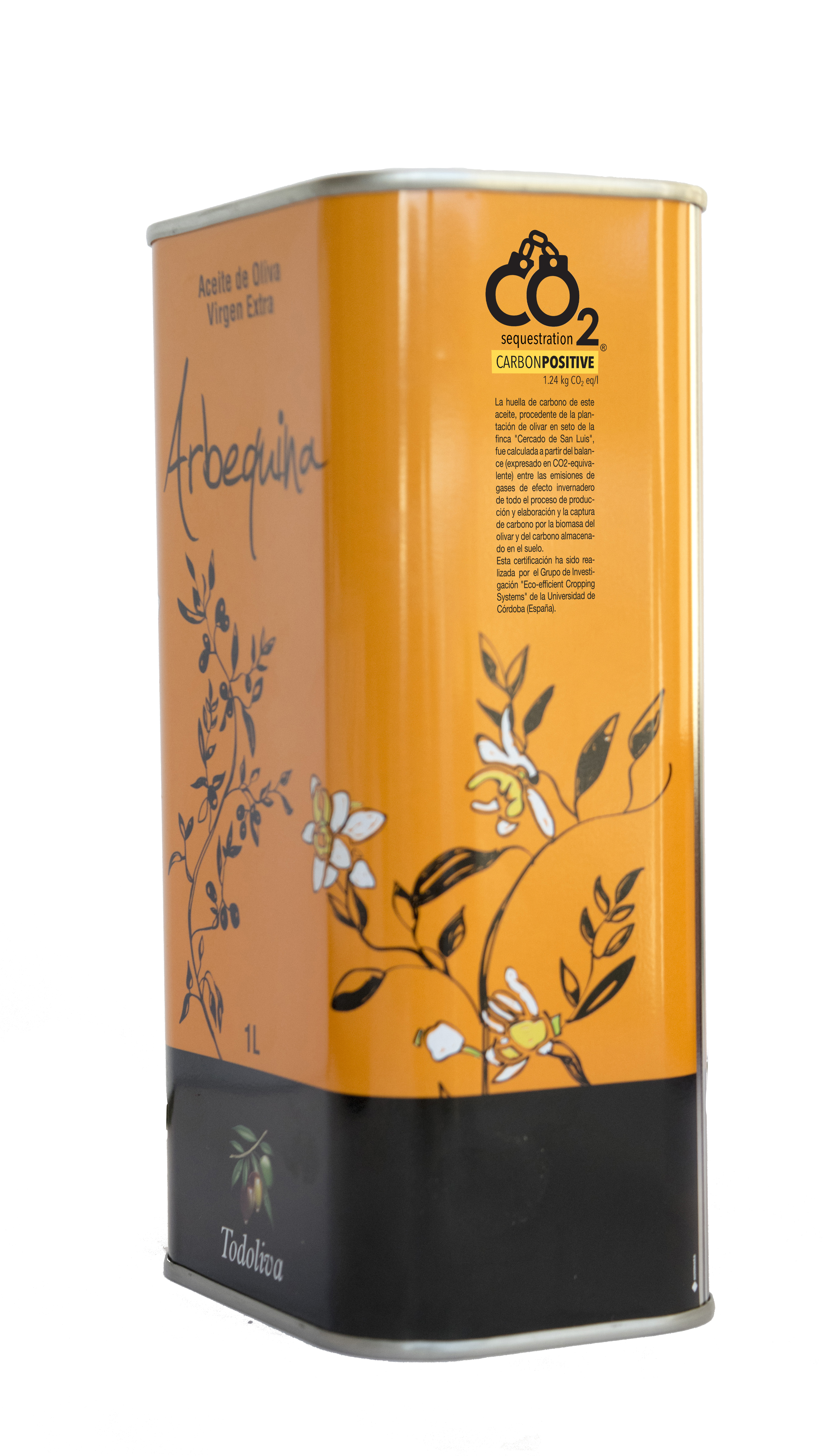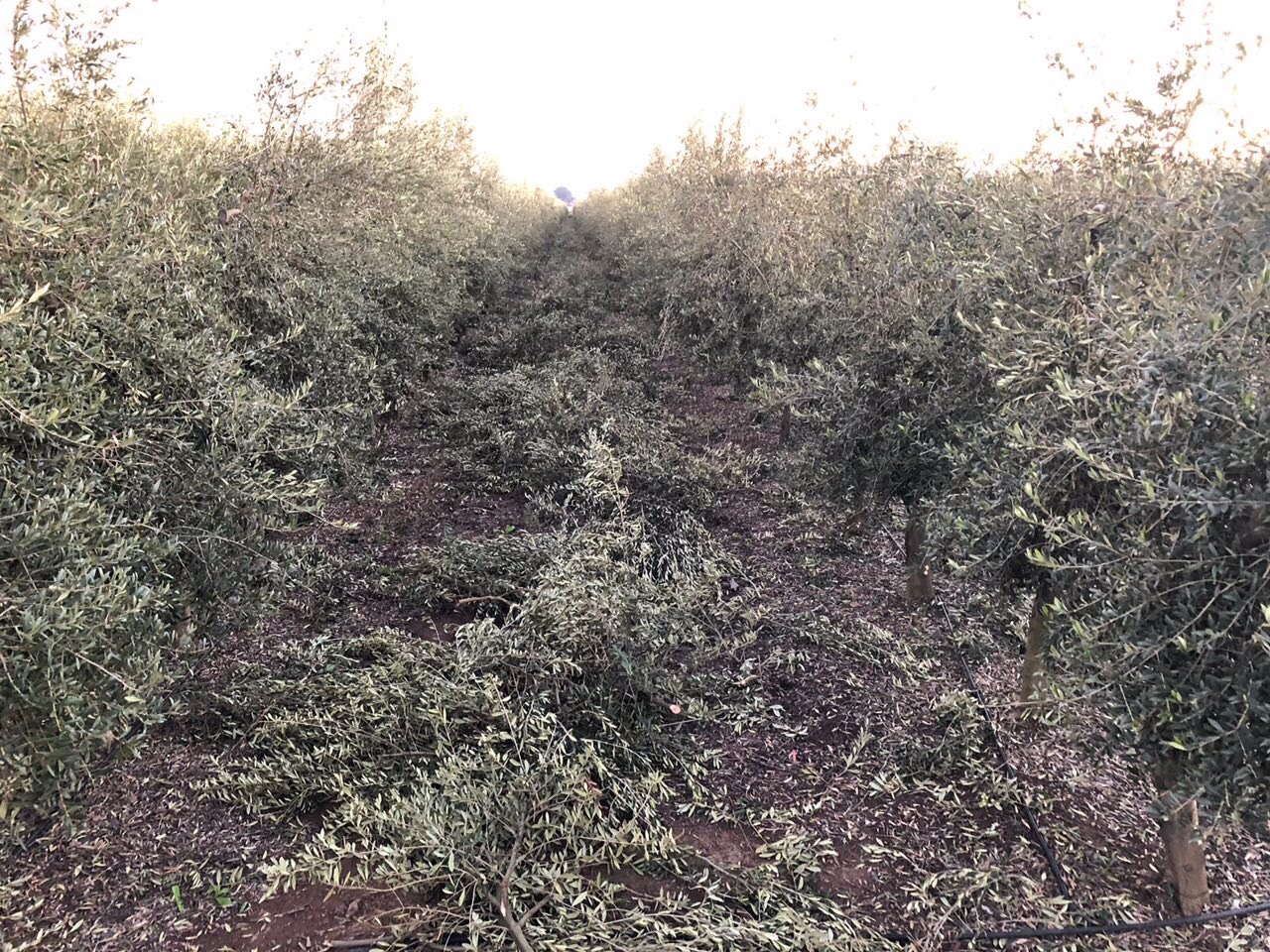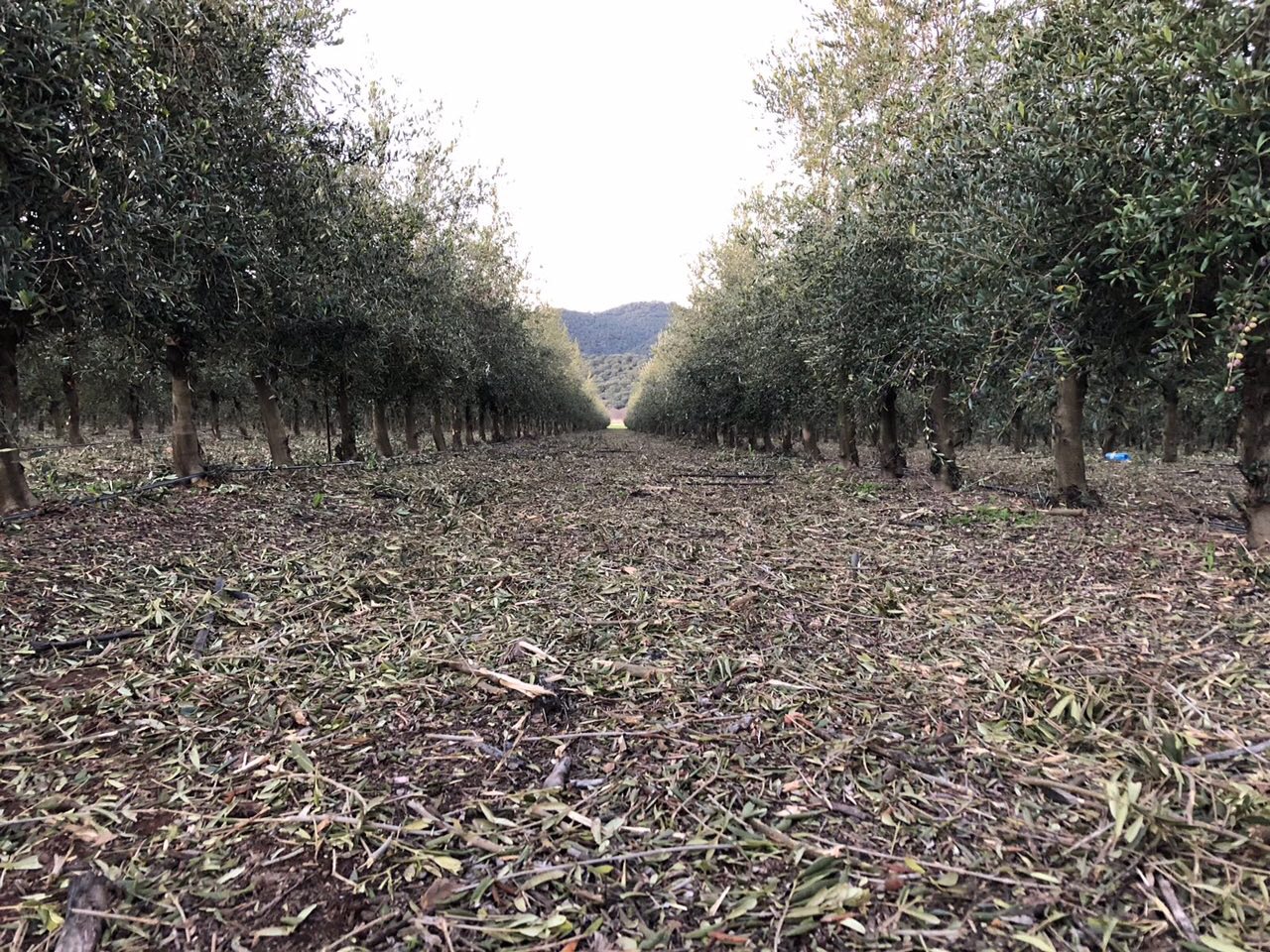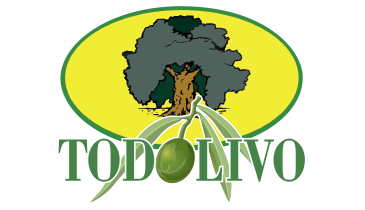This is the conclusion reached by the Eco-Efficient Cropping Systems Group of the University of Córdoba (UCO), led by Luis López Bellido, Professor of Agronomy and pioneer in the study of carbon footprint in olive groves, after analysing the “Olive Grove in Hedge” plantation carried out by Todolivo in 1999 using the Arbequina variety on “El Cercado de San Luis”, an estate located in the municipality of Villarrubia (Córdoba). This Group has certified that this plantation has a positive carbon footprint, which enabled it to capture an average of 46,686 kg of CO2 a year from the atmosphere, even reaching amounts of up to 74,620 kg of CO2 in given years.
The results obtained, according to the Group and Todolivo, are “extremely positive”, even though the soil of this estate has a physical and chemical limitation which impairs the normal growth of the plants.
The carbon captured by the olive grove biomass (air biomass and roots) and the soil has largely exceeded the amount of carbon dioxide emissions resulting from the management of the plantation, as well as from the energy used during the production process of extra virgin olive oil, which resulted in a very positive carbon sequestration balance.

Can of Extra Virgin Olive Oil from Arbequina Clon I-21 with the anagram of the positive carbon balance.
What did the field work entail?
In order to carry out the field work for the analysis of the carbon footprint on the “El Cercado de San Luis” estate, three representative olive trees were uprooted and samples of the soil were taken at different depths with the purpose of calculating said carbon capture by analysing biomass (air biomass and roots) and soil.
After analysing these data, it was determined that the Olive Grove in Hedge plantation on said estate captures 3,736 kg of CO2/ha/year. In order to determine the carbon balance, that is, the net amount of carbon dioxide captured on the estate, we should subtract the emissions resulting from the crop management (830 kg of CO2/ha/year) and those from the production and packaging process of extra virgin olive oil (0.38 kg of CO2 equivalent/litre) from the aforementioned amount. Once this subtraction is carried out, and bearing in mind that the estate has a production average of 1,797 litres of oil/ha and 21 ha of Olive Grove in Hedge planted, the resulting average net carbon dioxide sequestration amounts to 46,686 kg/ha/year or, in other words, 1.24 kg of CO2equivalent captured per each litre of oil produced on this estate. An amount which is equivalent to the CO2 emitted by 40 cars in a year.
(Note: In order to make this calculation, it has been assumed that every car has travelled an average of 10,000 km/year and emitted 117 grams of CO2/km)

Chopped pruning remains in ‘El Cercado de San Luis’.
What does “Carbon Sequestration” mean?
This is the process of transferring carbon from the atmosphere (carbon dioxide) and storing it in the soil and in the olive grove biomass. This process takes place when a set of farming practices (not working the land, ground covering, adding pruning waste to the soil) increases carbon storage in the soil. The agricultural sector, in this sense, is usually able to remove CO2 from the atmosphere and temporarily store it in trees (trunks, roots, branches, leaves and fruit) and in the soil for a long time.
And soil carbon is among the key factors which affect the calculation of the carbon balance of olive groves, an amount which increases when adding crushed pruning waste to the soil which is permanently transformed into organic carbon, thus nourishing the soil and, at the same time, resulting in a positive carbon balance.
Is Todolivo’s Olive Grove in Hedge System® synonymous with sustainable agriculture?
Without a doubt, this is a highly sustainable cultivation system in environmental terms, it is suitable for rainfed and irrigated plantations, it uses very few natural resources and agricultural inputs compared to other woody crops, the tasks performed for the management of the crops are eco-friendly, it encourages animal biodiversity and, as it has been scientifically proven in this study, it acts as a CO2sink, capturing significant amounts of this harmful gas, which is the principal cause of the greenhouse effect and global warming, from the atmosphere.

Shredding of pruning remains in ‘El Cercado de San Luis’.
Carbon footprint certification
Todolivo, by virtue of a collaboration agreement signed in 2018 with the Eco-Efficient Cropping Systems Group of the University of Córdoba (UCO), will provide this service for all those customers who wish to calculate the carbon balance of their plantations and oils. Once this study has been conducted, customers will be able to certify the kg of carbon dioxide captured per each litre of oil produced on the estate studied by adding an official stamp provided by the Group to their product labels.
